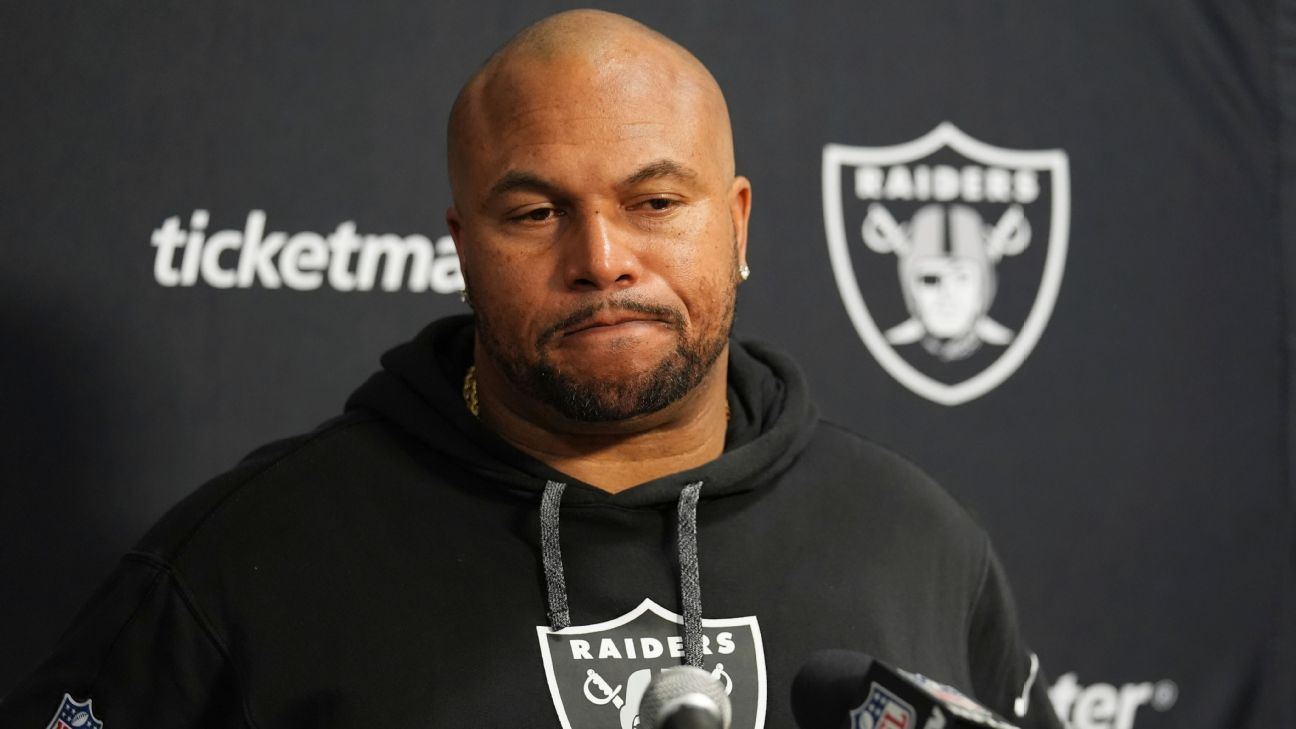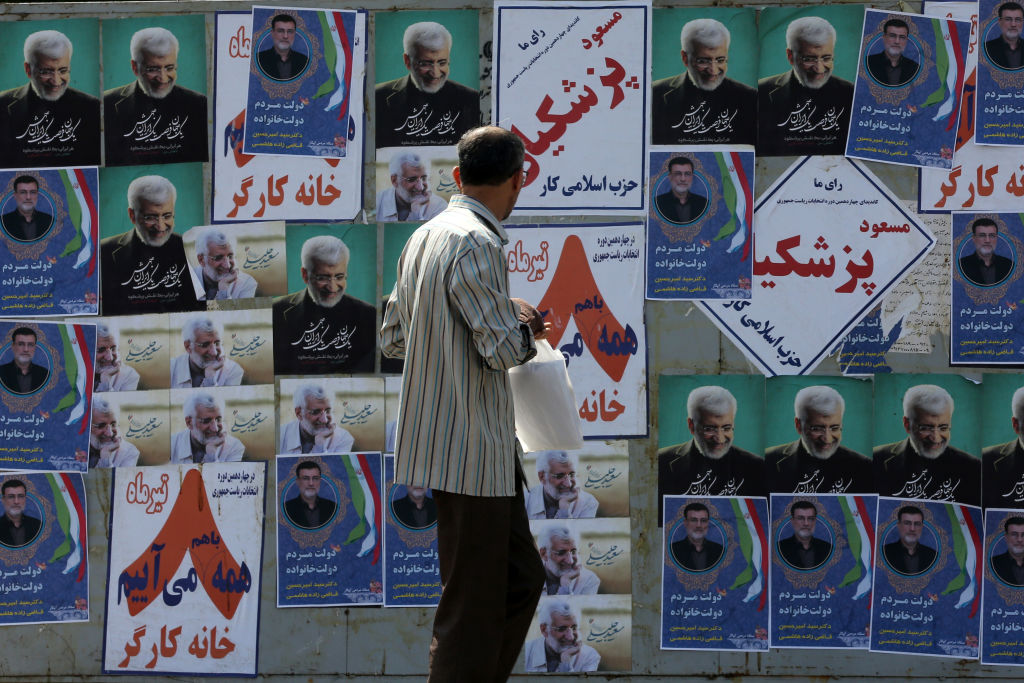Amad Diallo began 2024 battling injury problems and facing an uncertain future. He looks set to end 2024 as the most notable discovery of Ruben Amorim’s early days as Man Utd coach.
As recently as January this year, Amad Diallo’s Manchester United career looked to be going nowhere fast. Widespread reports suggested a second loan spell with Sunderland was a distinct possibility; in fact, a key element of the rumour was that the player himself had apparently asked for the move.
While that – if true – would’ve been partly rooted in the fond memories from his excellent first loan spell at the Stadium of Light in 2022-23, such a situation also reflected a frustration with how life at United was panning out.
Amad returned to Old Trafford in the summer of 2023 looking like a player transformed by his campaign on Wearside, but a knee injury in pre-season kept him out of action for nearly five months. It was difficult to accept given he looked likely to get a proper chance at United.
So, when Sunderland sporting director Kristjaan Speakman said in late January that “my head would be on a stake” if he didn’t at least try to bring Amad back to the club, the player had featured just once for Erik ten Hag’s side, playing 36 minutes in the 2-1 defeat to Nottingham Forest at the end of December 2023.
He didn’t play again in any competition until late February, and seven of his nine Premier League appearances in 2023-24 came from 13 April onwards.
Of course, that also means Sunderland failed in their attempts to bring Amad back – and in hindsight, it’s just as well that no such loan materialised, otherwise he’d not have scored the dramatic FA Cup extra-time winner against Liverpool that probably changed his life.

Given the timing, the fact it was in a knockout tie against Liverpool, and that United ultimately went on to win the FA Cup, it’s one of the most iconic goals any Man Utd player has scored in years. To be honest, few would’ve bet on Amad doing anything as comparably significant in a United jersey ever again – that was surely the pinnacle.
And maybe it still is, but Sunday’s Manchester derby heroics at least entered the discussion. Amad won the penalty from which Bruno Fernandes equalised in the 88th minute, before scoring a quite remarkable winner just 115 seconds later – it was the latest into a game that a reigning Premier League champion had led before going on to lose.
But to just narrow Amad’s impact and performance down to those two moments wouldn’t do him justice, however decisive they were. In a match of mostly poor quality, especially in the two attacking thirds, United’s diminutive Ivorian was head and shoulders above pretty much everyone else on the pitch.

He was positive, purposeful and playful, and yet there was a desperation to him at times that reflected Amad’s widely praised attitude. It certainly wasn’t the first time either that his mentality and belief have been impactful for United this season, though on this occasion his timing was especially fitting.
Marcus Rashford and Alejandro Garnacho had been left out of the squad entirely by Ruben Amorim, who in his pre- and post-match media duties made comments that could be perceived as questioning their attitudes and professionalism. Then, the game was settled by a player who worked his socks off, both goals a result of his positive mindset.
Not only did the situation highlight to Rashford and Garnacho that much more is required of them, but also how far Amad has come in quite a short space of time.
Ten Hag can’t be accused of completely ignoring Amad – that wouldn’t be strictly true considering the 22-year-old started the Community Shield defeat to Manchester City in August, plus United’s first two Premier League games of 2024-25.
But despite catching the eye during the early weeks of the season, Amad was surprisingly dropped to the bench for the 3-0 defeat by Liverpool. Although he started their next two league games on 14 and 21 September, Ten Hag left him out of the lineup for his last four top-flight games in charge.
Amad eventually returned to the starting XI for the 3-0 win over Leicester City on 10 November in what was Ruud van Nistelrooy’s final match as interim manager. He set up Fernandes’ opener with a clever backheel and caught the eye throughout with his positivity and intricate link-up play.
Between Amad’s FA Cup winner against Liverpool and the end of Ten Hag’s reign, he played 946 minutes across all competitions; Rashford (1,422) and Garnacho (1,820) featured considerably more frequently, evidence of how both were favoured over Amad.
The tables have turned since Amorim took charge, however. Rashford and Garnacho have played 307 and 347 minutes respectively in all competitions, while Amad’s 559 is bettered only by captain Fernandes (682), Diogo Dalot (666) and Noussair Mazraoui (608) among outfielders.
Whether deployed as a wing-back or part of the front three, Amad’s been dependable for Amorim, offering decisive quality when it matters but also working hard off the ball, an aspect some feel is lacking from Rashford and Garnacho.
For instance, the headline fact for Amad since Amorim’s arrival, his seven goal involvements in all competitions is more than any other United player. But that doesn’t tell the whole story, as that aforementioned work rate also played a vital role in stealing possession for Fernandes in the build-up to Joshua Zirkzee’s second goal against Everton, as well as in winning the penalty on Sunday. Such actions won’t be reflected by goal involvement stats, but without his work ethic, neither goal would have happened. The same can be said of United’s second in the 4-3 EFL Cup defeat to Tottenham when Amad blocked Fraser Forster’s clearance into the goal.

Although Rashford and Garnacho arguably work harder off the ball than many give them credit for, Amad routinely shows genuine desire to win the ball back, and he also seems to have a good understanding of when to apply pressure.
He’s shown a particular appetite to engage as part of a counter press, averaging 7.1 counter pressures (applying pressure within two seconds of the opposition getting possession) in the final and middle thirds of the pitch per 90 minutes in the league this season. Among United players to play at least 250 minutes this term, only Højlund, Zirkzee and Fernandes can better that. It’s also worth noting that Amad’s played most of the past month as a wing-back.
His recoveries that led to goals against Everton make him one of just 11 players to begin two possession sequences leading to goals – and no one in the Premier League has managed more. His interception of Matheus Nunes’ weak backpass on Sunday doesn’t technically count towards such a metric because it led to a penalty being awarded rather than directly to a goal, but it does further highlight his positive approach to winning the ball back.

It’s still fairly early in the season, however, so it’ll be more telling to see Amad’s output in this regard at the end of the campaign. That’ll give us a better idea of whether it’s a genuine strength of his or simply a coincidence that says more about the opposition those instances occurred against.
There’s plenty to Amad’s game that we can safely categorise as strengths, though. For starters, he has shown a canny ability to keep possession sequences on track before also having an impact at the end of those passages of play.
There have been nine instances of him being involved in a sequence and then either having the shot or setting up the shot at the end of such a move. While Bukayo Saka (21) is streets ahead of all other wide players this season, only eight others can better Amad’s record. None of them have more than 12, and all but one have played more minutes than the United man (most of them considerably so).
Aiding him in this area is the fact Amad is effective in tight spaces. His 81.2% pass completion rate when under pressure from a defender within three metres is the fourth highest (minimum 500 mins played) among wingers and wide midfielders in the Premier League this season.
Not unrelated to that, when we analysed Amad’s time at Sunderland, a key feature of his game that we noted was his bravery and willingness to engage with opponents physically despite his size. He’d made big strides considering the physicality of Scottish football was largely deemed to be what he struggled with the most in an underwhelming stay with Rangers in 2022.
Credit where it’s due, he’s rarely – if ever – looked physically out of his depth this season, with his exceptional balance and agility – not to mention his general speed – valuable alternatives to sheer strength.
As such, he never looks afraid to run at defenders or try to squeeze between a couple of opponents. But it rarely feels like he engages defenders for the sake of it, instead appreciating that the context of such actions can be important.
For example, only Mohamed Salah (20) has attempted more take-ons in the opposition’s penalty area than Amad (14) this term, while Jarrod Bowen (seven) is the only player to tally more drives into the box (carries into the area following a successful take-on) than Amad (six).

Furthermore, 40.8% of his total take-ons have either been in the box or allowed him to get the ball into the box. Of players to attempt at least 20 take-ons in 2024-25, only Salah (45.1%) and Ollie Watkins (42.3%) have had a greater proportion concentrated in similarly dangerous areas.
As a result, Amad has followed up three take-ons with goal involvements, more than any other Premier League player this season.
His willingness to run at defenders is reflected in his broader ball-carrying output, too. First of all, his 20.4 carries (movements of at least five metres with the ball) per 90 in the Premier League this term is the sixth most among wide players (minimum 360 minutes played).

He ranks seventh among the same group on a per-90 basis for both total carry distance (264.7m) per 90 and carries ending in a shot/chance created (2.2), while only five players can better his five goal- or assist-ending carries.

Essentially, Amad has been statistically one of the most dangerous wide players in the Premier League this season despite only making nine starts. His output is extremely impressive, and it’s elevated him to a position of real creative authority at United having often appeared little more than an afterthought for much of his time at the club prior to Amorim’s arrival.
Amad’s bravery and spirited playing style have given United something extra, and he’s harnessed those traits with such maturity, hence why he’s been so impactful in the final third.
In the Premier League this term, he’s averaging a goal involvement more frequently (every 111 minutes) than any other United player, with Fernandes (every 149 minutes) next.
It remains to be seen how long he can keep up such a frequency, but he’s grabbed his chance under Amorim with both hands, taking him from fringe player to poster boy of a new era.
Enjoy this? Subscribe to our football newsletter to receive exclusive weekly content. You can also follow our social accounts over on X, Instagram, TikTok and Facebook.










